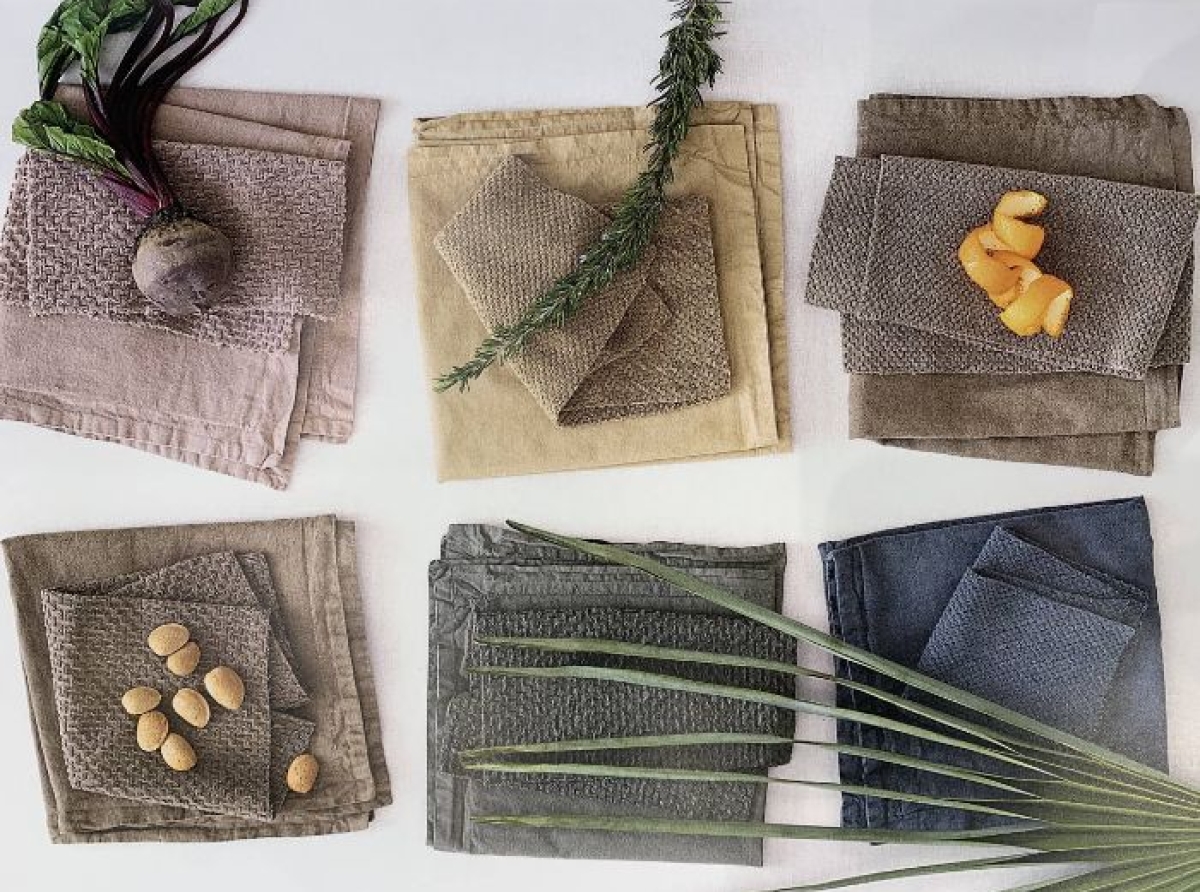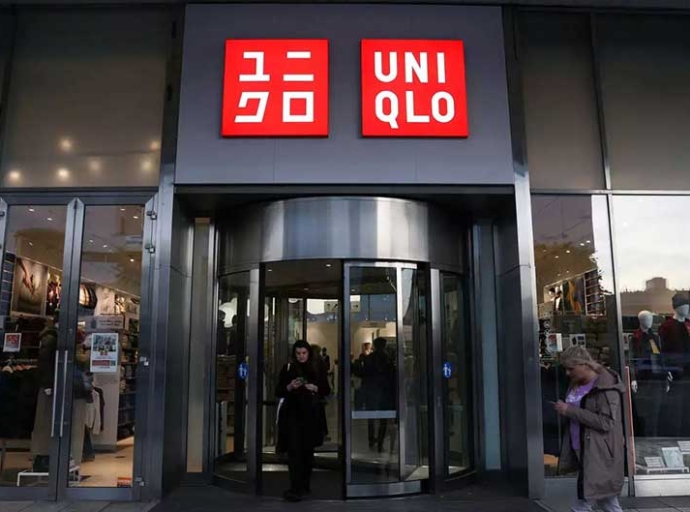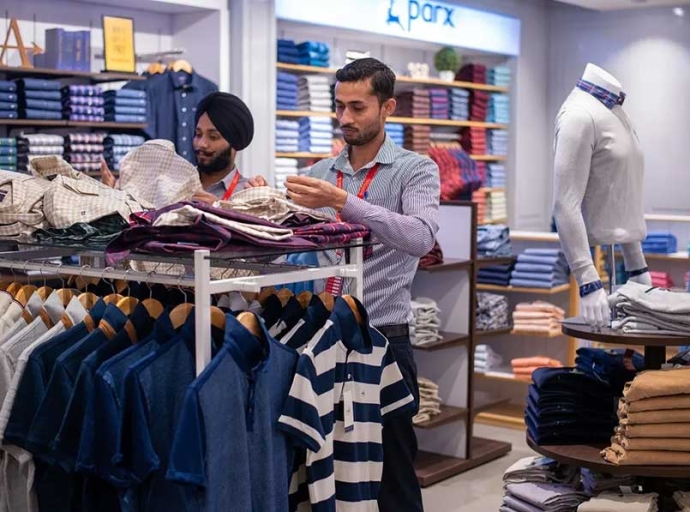14 April 2023, Mumbai
Fashion is frequently ranked as the second most environmentally damaging sector, behind oil.
Closed-loop fashion. An inspiring utopia?
To dramatically increase 2019 the sustainability of textiles throughout their life cycle, from design to end of use, the European Union has established an effort known as the European Clothes Action Plan.
From Waste to Wardrobe; The global issue of textile waste ending up in landfills has grown significantly.
Designing for a Greener Future
Eco-friendly fabrics and circular design are emerging trends in the fashion industry, driven by growing environmental concerns. Eco-friendly fabrics, such as organic cotton, hemp, and recycled materials, are quite been preferred by brands and supply chains in their journey to making green/sustainable products & related production methods in order to lower their impact on the environment.
Snapshot; The article dwells on the facet of circular design, with the spotlight on creating products that are consciously & responsibly designed to be recycled or repurposed, which is quite popular as a way to stem/reduce waste and promote a closed-loop economy.
Fashion with a Conscience; Greater trade valuable insights into these ongoing trends involves assessing the environmental effect of varied & diverse fabric choices/options, understanding manufacturing processes/nuances, and evaluating the potential for recycling or upcycling as end product life cycle management, etc.
The article makes an effort to Incorporate eco-friendly fabrics and circular design principles that can not only lessen the fashion industry's ecological footprint but also meet consumer demand for sustainable/green products so to say 'Circular Design in Fashion'.
Sustainable Style
The textile and fashion industries will become much more sustainable if every brand along the apparel supply chain starts using eco-friendly methods. Each year, up to 95% of landfilled textiles might be recycled. Businesses are beginning to recognize the advantages and untapped economic potential of the effective use of garbage as consumers' concerns about their purchases' social and environmental impact grow.
The Rise of Eco-Friendly Fabrics and Circular Design in Fashion
To reduce the ever-growing adverse environmental effects it has on people, the environment, and animals, the fashion industry urgently needs to be restructured. The circular economy is one of the greatest game-changers in the sustainable fashion industry, and more and more firms are adopting it.
"Circular fashion is a system where our clothes and other personal items are produced through a more thoughtful paradigm, where the creation of an item and its eventual disposal is equally significant."
This cutting-edge approach shows how businesses may expand while minimizing their environmental effect by reevaluating their business strategies and putting more emphasis on "closing the loop." Find out about the best circular fashion companies below, but first, discover why we should support them.
Fashion Forward
Beyond Fast Fashion; According to recent research, the fashion business contributes around 8% of the world's CO2 emissions. These shocking statistics will motivate you to stop wearing fast fashion for good. Regarding the circularity of fashion, it is most notable that, despite a 40% decline in garment usage, worldwide apparel consumption is predicted to nearly quadruple from 62 million to 102 million tonnes by 2030.
Almost 92 million tonnes of textile waste are produced annually and are now dumped in landfills, mostly in poor nations. Any of those substances can take hundreds of years to decompose and emit the harmful gas methane into the atmosphere while they do so.
Green is the New Black
According to studies, the industry has to change to reduce the adverse environmental effects of fast fashion. This includes essential steps like pollution management, improved recycling procedures, and creative reuse of current resources. This is when circular clothing comes into play. Brands receive points for taking tangible action and adopting "efforts and pledges to circular economy concepts" regarding the environmental effect (Planet). This implies that activities like reducing waste and minimizing resource consumption, even though circular processes, are given a lot of weight.
Closing the Loop
A.BCH is a Melbourne-based, Australian-made fashion brand for those who are concerned about the origin of their clothing. It makes use of recycled, organic, and renewable materials. Circularity is the cornerstone of its philosophy, which is motivated by the goal of "transforming the way people buy, wear, and discard clothes." With the pre-, user, and post-user stages, the firm works on reducing material and energy waste while producing gorgeous, design-driven clothes that its clients would like. Send the clothing back to A.BCH for efficient recycling when it has served its purpose.
How Eco-Friendly Fabrics and Circular Design Are Changing the Industry
Sustainability Meets Style; For its collections, The R Collective repurposes costly textiles and materials. Reusing extra materials helps minimize waste and keeps it within circular fashion design and development techniques since 92 million tonnes of textile waste are produced annually.
The R Collective has gone one step further with the introduction of "Refashioned," an on-demand service that lets consumers select from a 20-piece selection and have it tailored to their size and favorite fabric.
The Future of Fashion
Embracing Eco-Friendly practices; BEEN London produces simple, sophisticated bags made from waste materials, including repurposed leather and polyester. These bags are created in London using eco-friendly materials to last you for many years and changing seasons.
The leather business produces significant waste, and tanneries squander about 40% of each hide. The company lines its bags with fabric produced from recycled bottles and employs off-cut bits of leather from the pre-chemical treatment step that would otherwise wind up in the trash.
BEEN London is advancing the circularity of fashion by tracing the sources of its materials.
Latest Publications


































